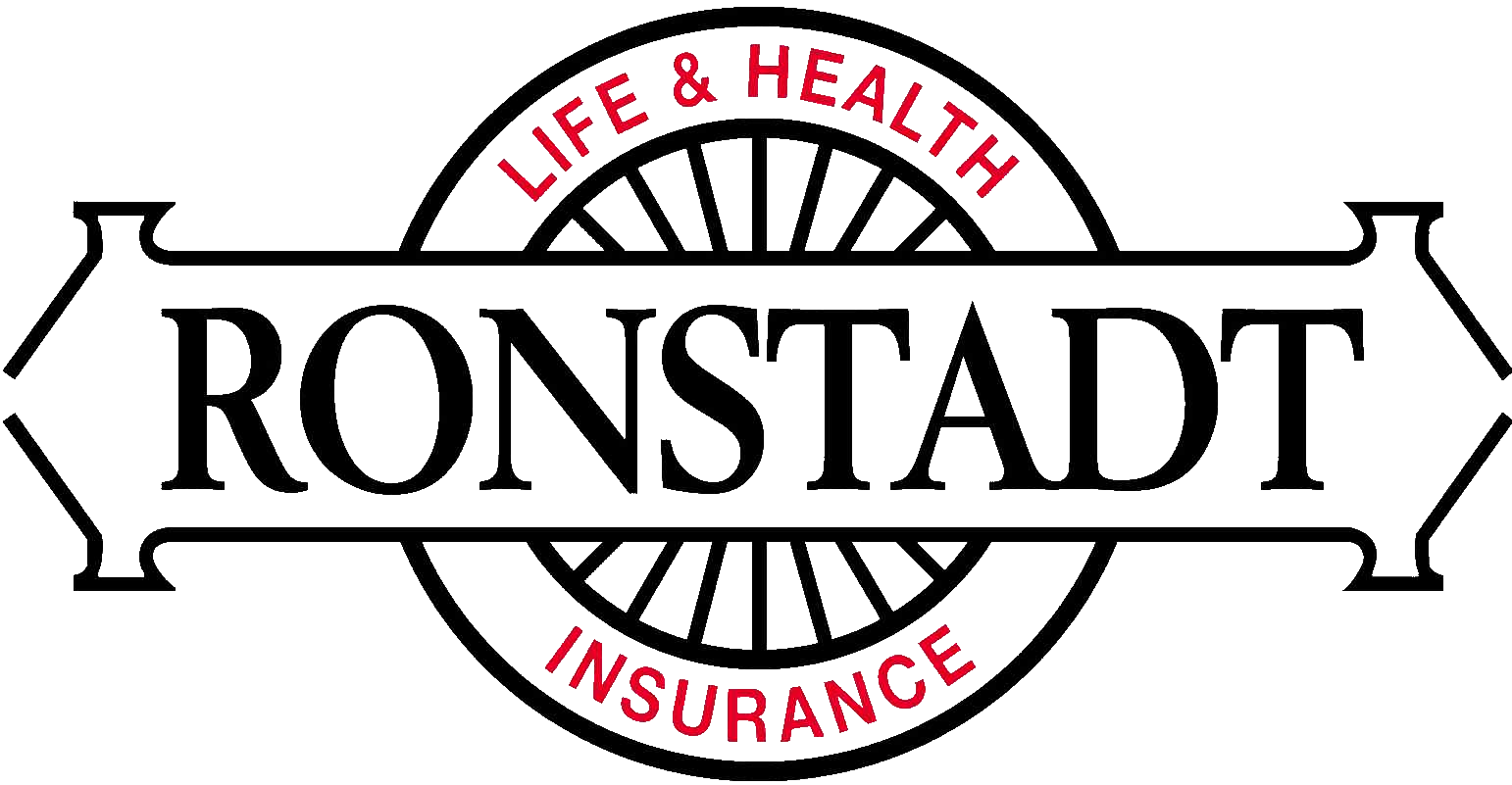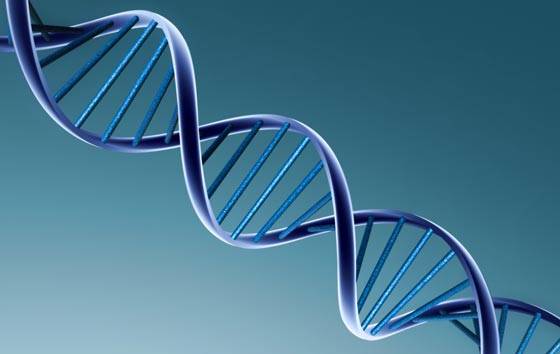Scientists discovered 1,000 genes that may be involved in autism
Improved technology has allowed scientists to delve deeper in the study of DNA to search for answers. Recent research provides new answers about genetic glitches that may be linked with autism.
From studying specific areas of DNA in families affected by autism, scientists have identified approximately 1,000 genes that may be linked to the disease. According to the National Institutes of Health, a person’s entire genome consists of about 3 billion nucleotides of DNA. Yet, a portion called the exome (1.5%) only produces proteins. The exome also harbors 85% of disease-causing mutations. Studies found that spontaneous genetic mutations in the exome lead to the risk of children developing autism.
One study headed by Even Eichler, a professor of genome studies at the University of Washington, proved that 39% of spontaneous mutations increase the risk of autism since they interfere with biological developments that are important for brain communication. The study also suggested that these mutations were highly paternal, originating in the father’s sperm.
Yes, this research is useful, but it still proves that we haven’t found a single gene that connects to autism. What we do know is several genetic mutations increase the risk of autism and that they may affect people in different ways.


















